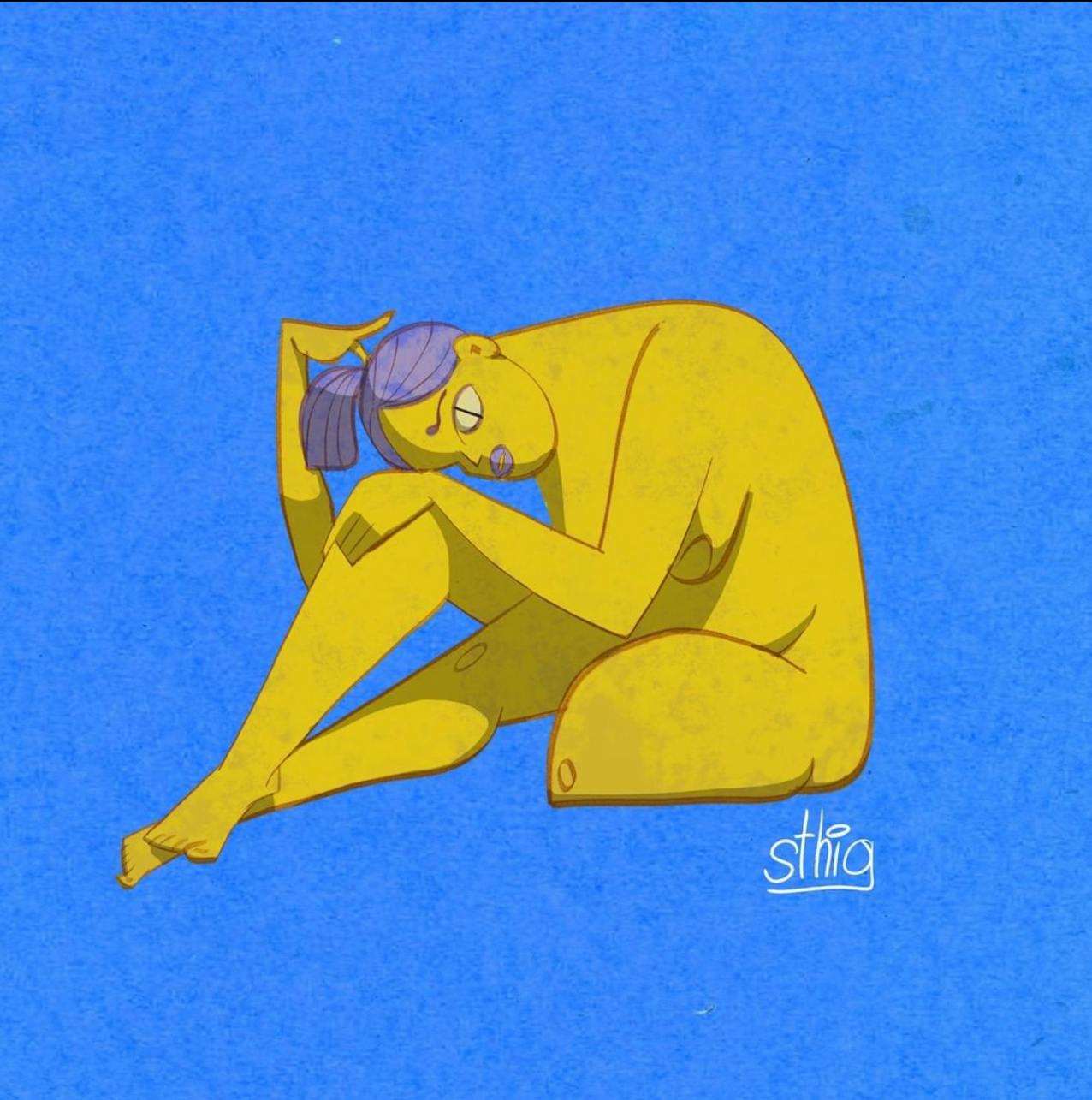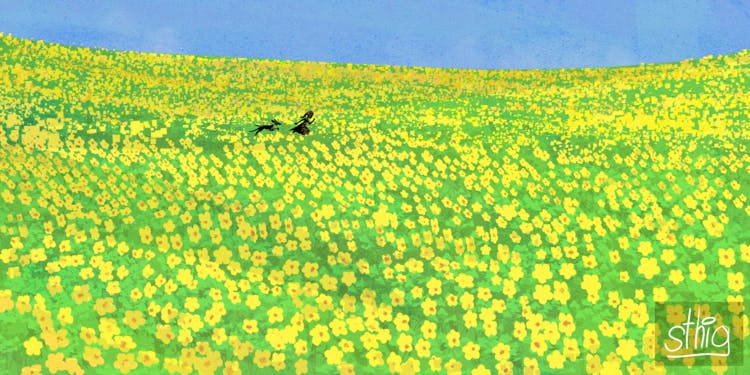
Samby Sayward
Illustrator
Concept Artist

Multi-disciplinary artist Scott Thigpen shares his artistic journey, his love of characters and narratives, and the message he wishes to convey to the world through his art.
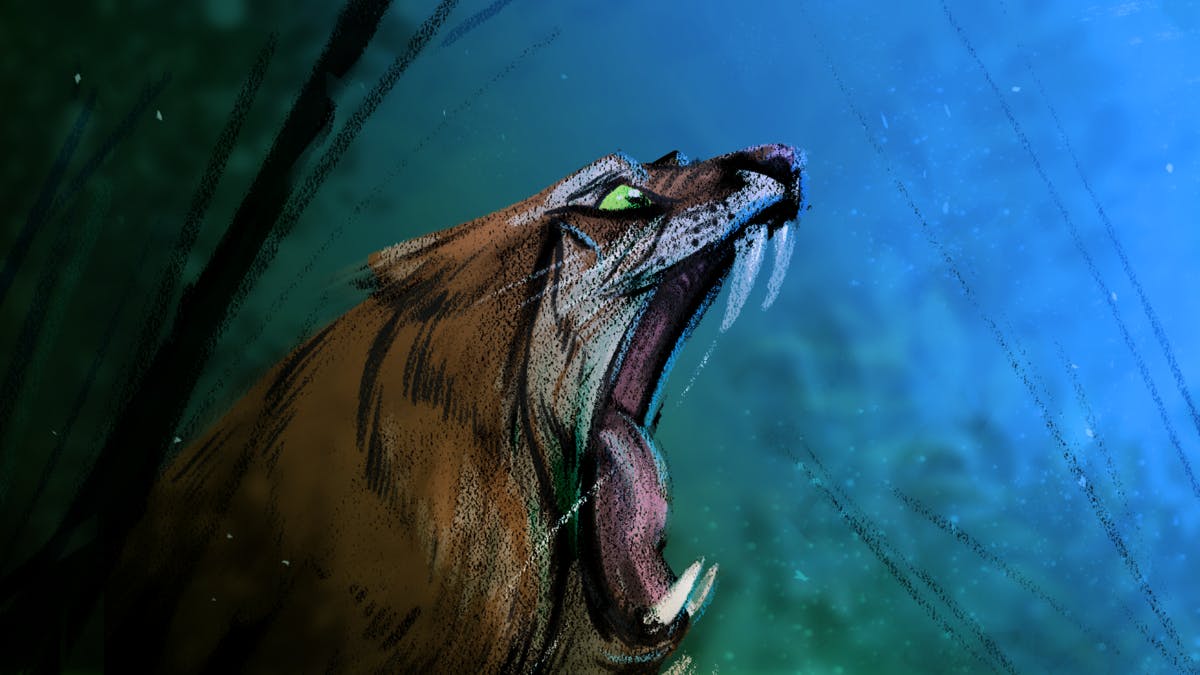
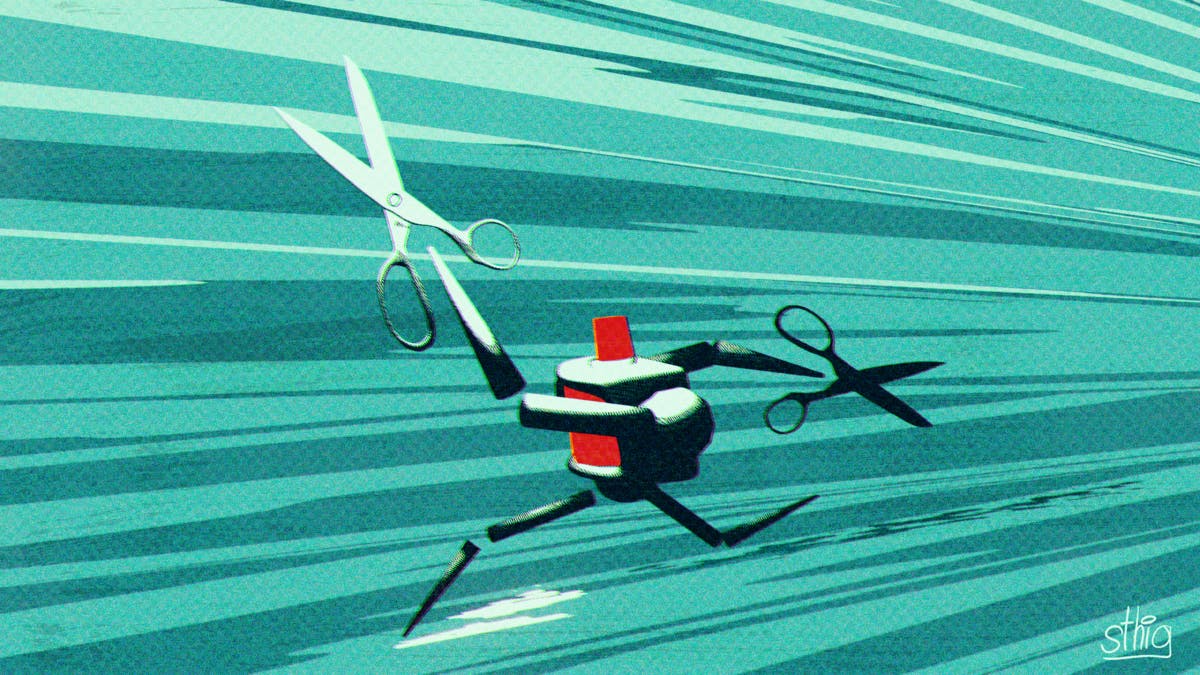
Scott Thigpen:I was obsessed with dolphins as a child and drew them constantly. I fell in love with their swoopiness(I’m not sure if that’s a word, but I like saying it)and enjoyed drawing them. Also, out of all the insanely difficult things I had to learn as a child, drawing was something I would never give up on and would continue to practice.
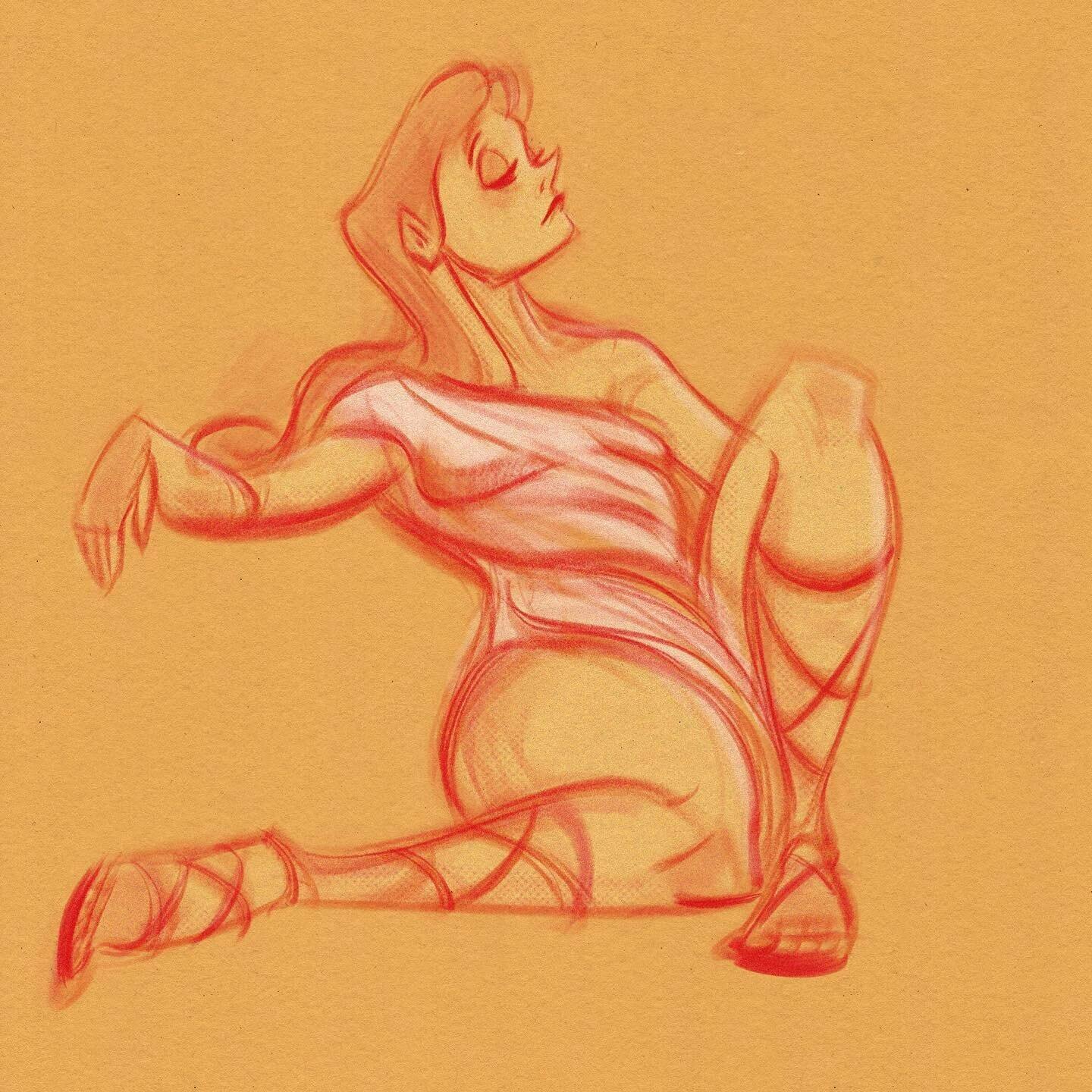
Scott Thigpen:Yes, my art has had several different looks and feels over the years, but only two major ones. I could “draw” effectively when I graduated college, but there was no voice, no accent, and no “me” in my art; however, I was extremely good at parroting others. When I first saw Josh “Shag” Agle’s work, I fell in love with the angular blocky look and the crazy stories his work tells, and I patterned my work after his. When I decided to devote my time to breaking into the animation industry decades later, I arrived at the style I have now purely through repetition and hours upon hours of work.
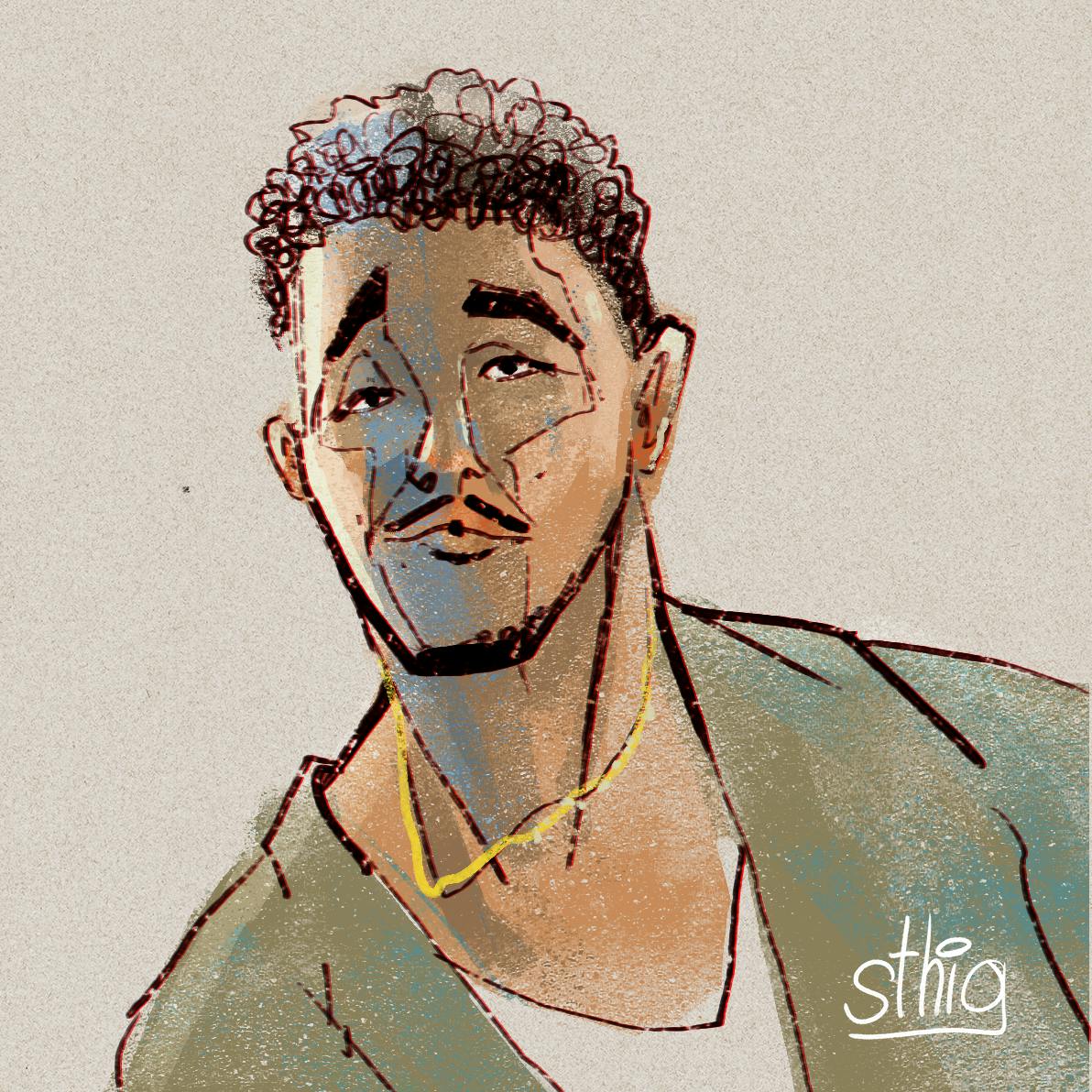
Scott Thigpen:Exaggeration is something I enjoy in cinema, art, movies, and stories. I always look at things exaggeratedly. I enjoy watching people, especially in hospitals and airports, because it allows me to create narratives about people going through the motions of life. When a person is their normal self, it is simple to add story elements to them and exaggerate their features.
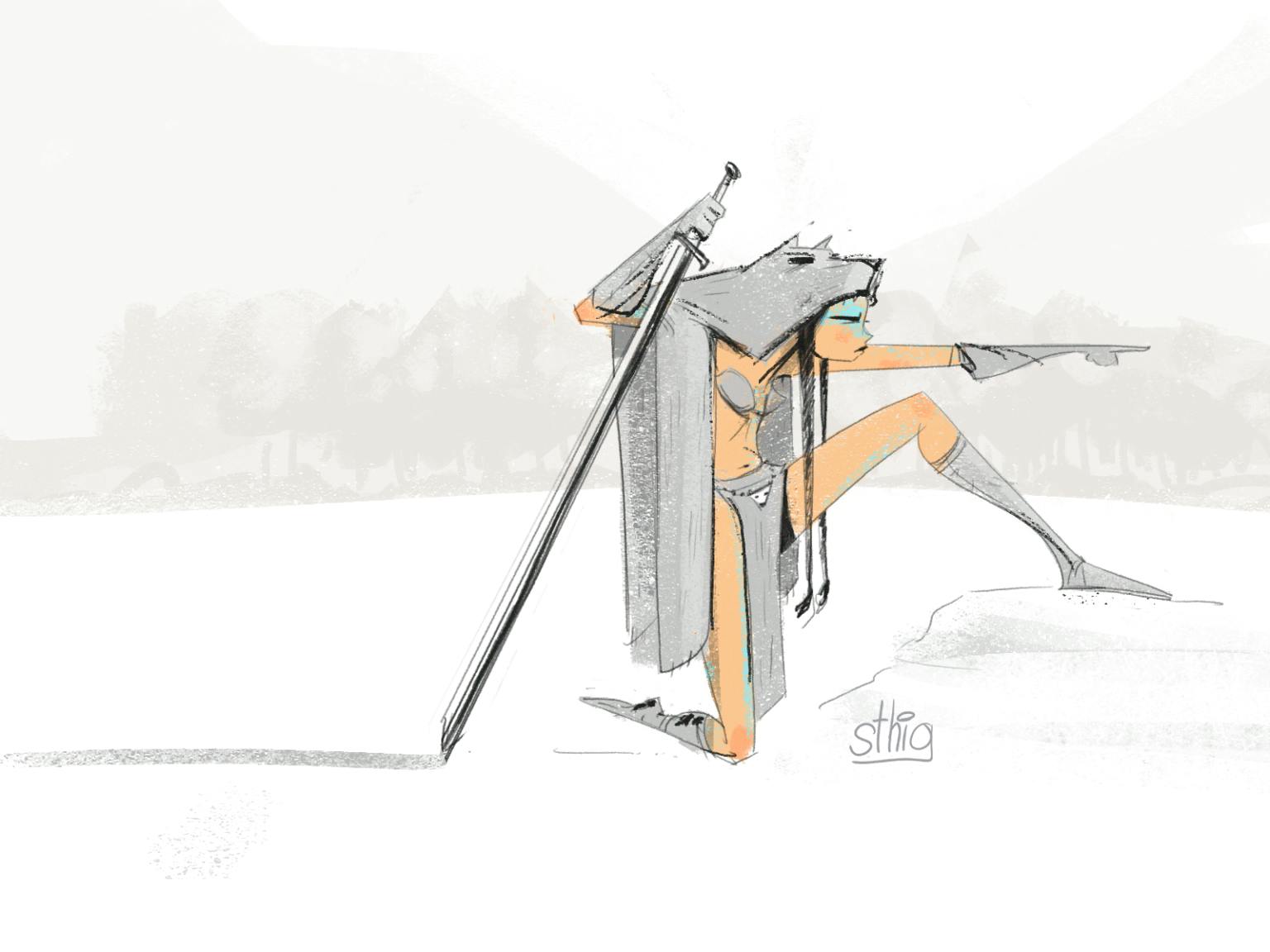
Scott:Yes, I do think about it a lot. It was the 1970s and 1980s when I was a teen, and all art tools were tactile. I never liked using those tools because you had to figure everything out yourself, which was tedious and time-consuming. Now that I have 3D software, Adobe Photoshop, a large screen to draw on, YouTube for “how to do that thing,” and the ability to instantly send my work over for review by clients and peers, I can do so. If anything, “control/command Z” made a world of difference for me! I would not be working as an artist today if it weren’t for these tools.
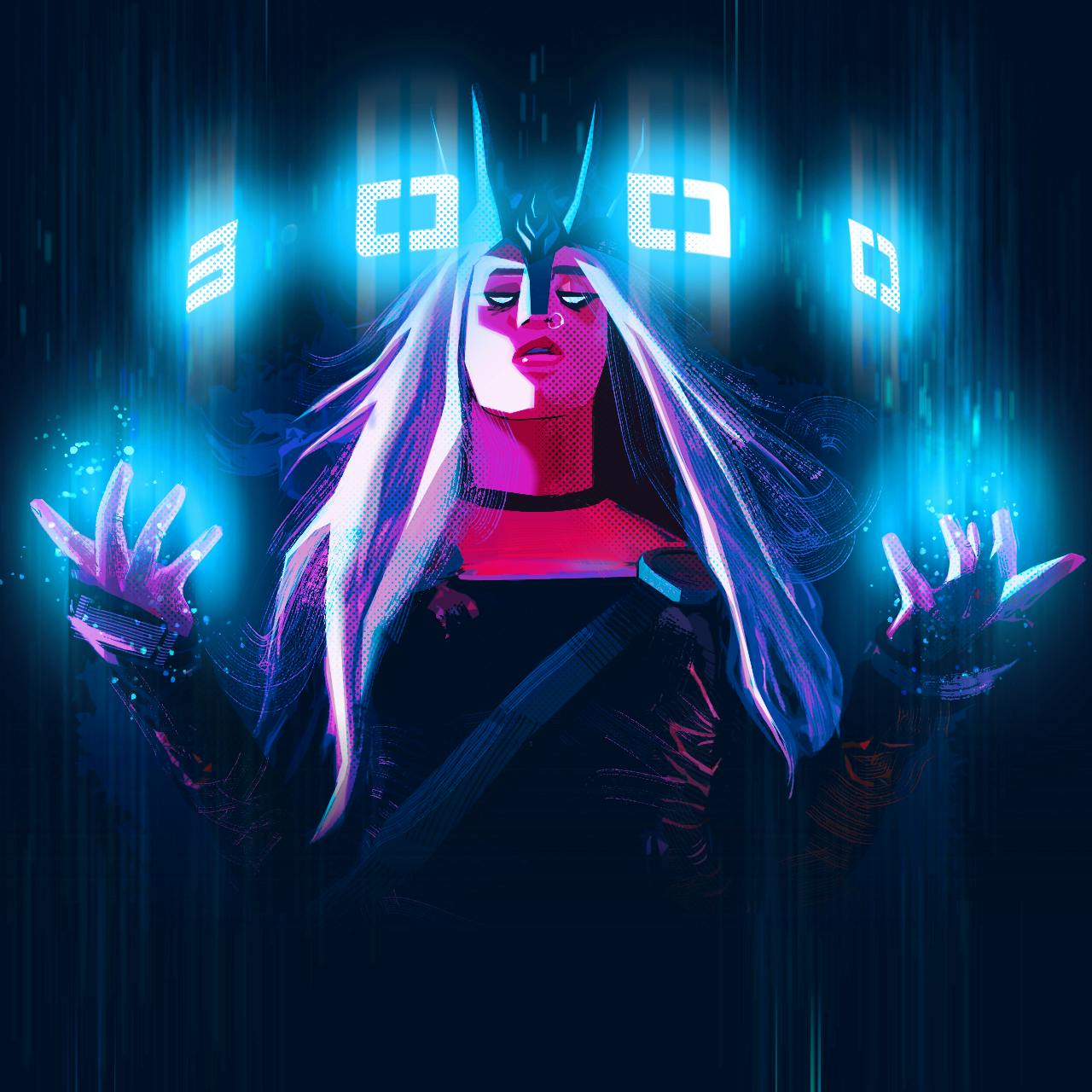
Scott:The opposite is true, and I prefer narratives to characters. When I first decided to pursue a career in animation, I only wanted to be a character designer. I now favor moment pieces, key art, color, and backgrounds. Sure, I enjoy drawing characters, and they are a lot of fun; however, I am more interested in the narrative and creating a world around it for production.
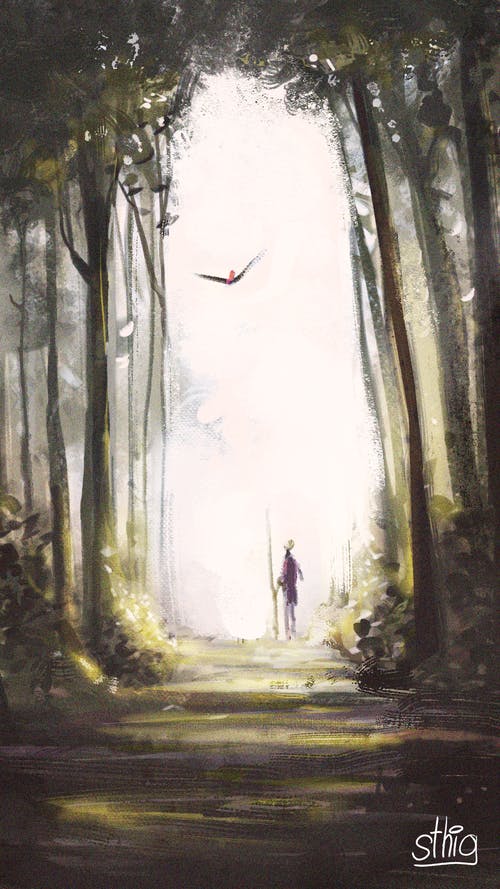
Scott: The simple answer is that it’s a mess to the end. The longer answer is that I usually get my inspiration from Pinterest and Google images. I spend a long time creating several thumbnails before evaluating them and iterating on the best ones. I dive into my favorite part, value studies after I’ve decided on a look and feel. Value studies feel like the first step away from a “rough little sketch” and toward something with depth, feeling, and ambiance. I try to use a charcoal grey, a mid-tone grey, and a light grey when doing value studies.
Using only three values allows you to hit the major points of your piece, and honestly, once I’ve gotten the value down, the rest falls into place like a waterfall. After that, I experiment with color, and I have a strange method of laying down transparencies of different colors and simply masking out the parts I don’t need before merging with another color layer or using Gradient Maps and masking out the parts I don’t need.
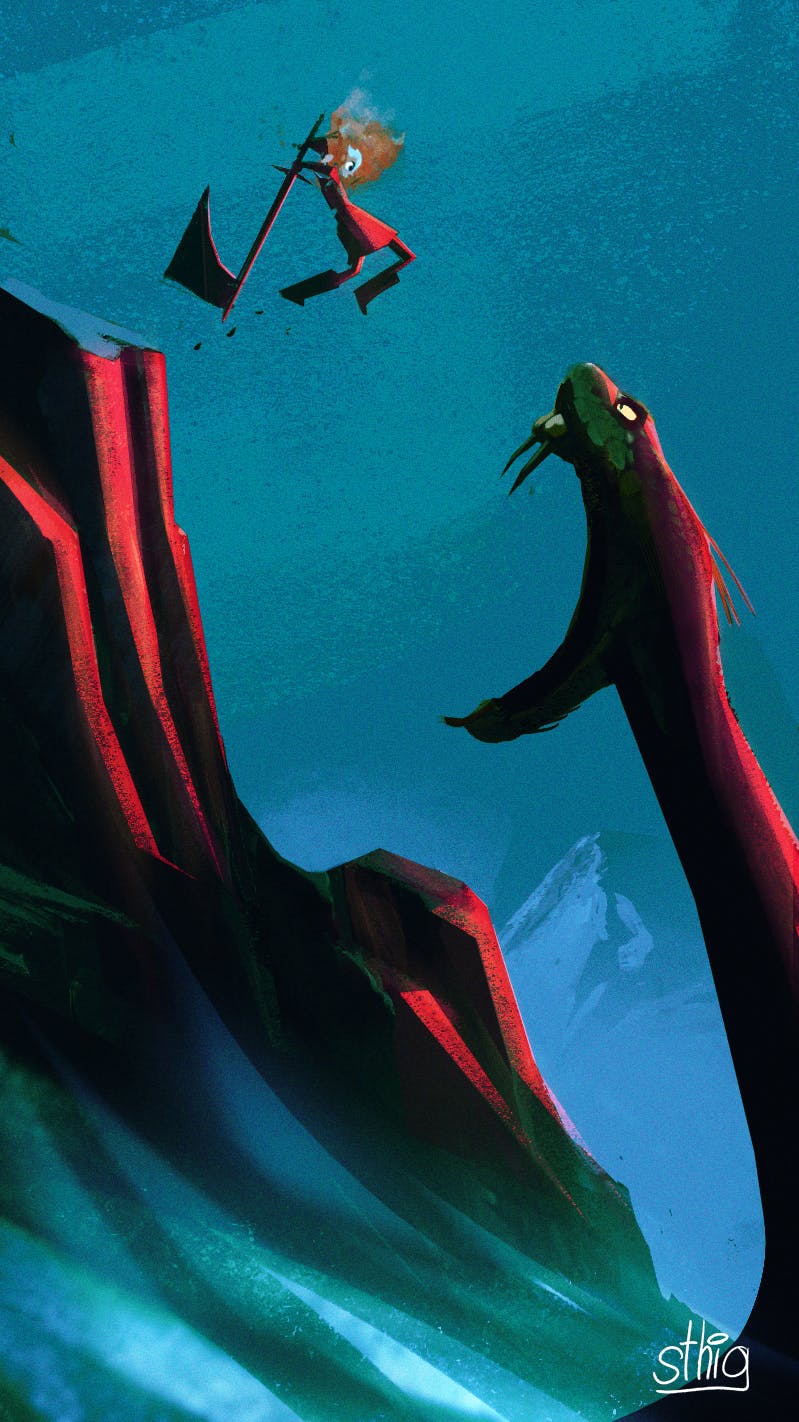
“Exaggeration is something I enjoy in cinema, art, movies, and stories. I always look at things exaggeratedly. I enjoy watching people, especially in hospitals and airports, because it allows me to create narratives about people going through the motions of life. When a person is their normal self, it is simple to add story elements to them and exaggerate their features”
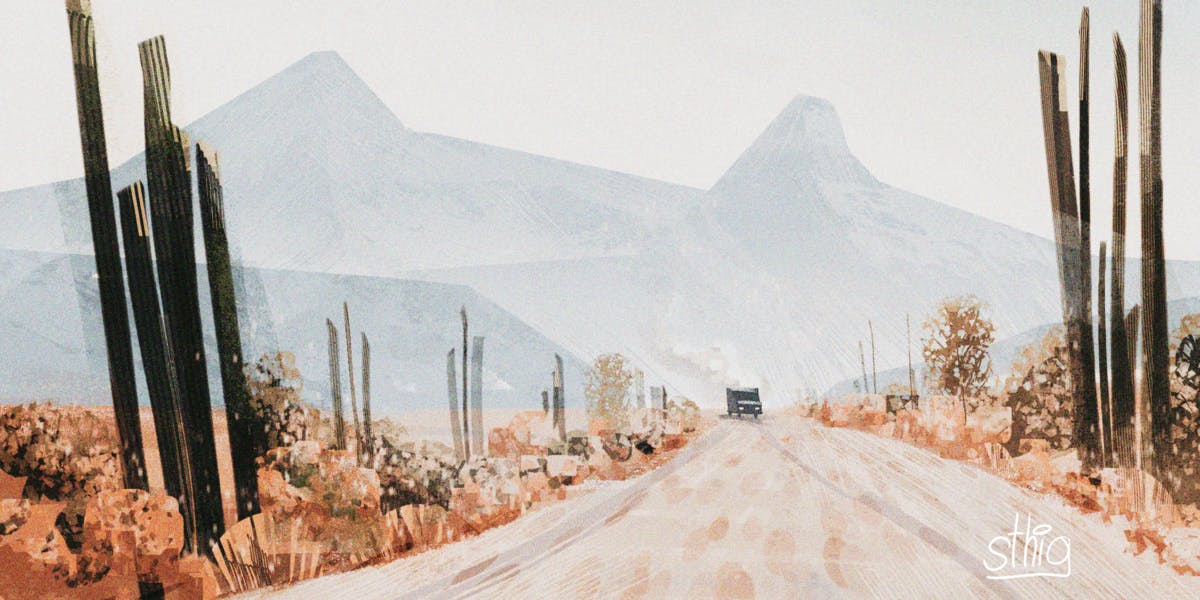
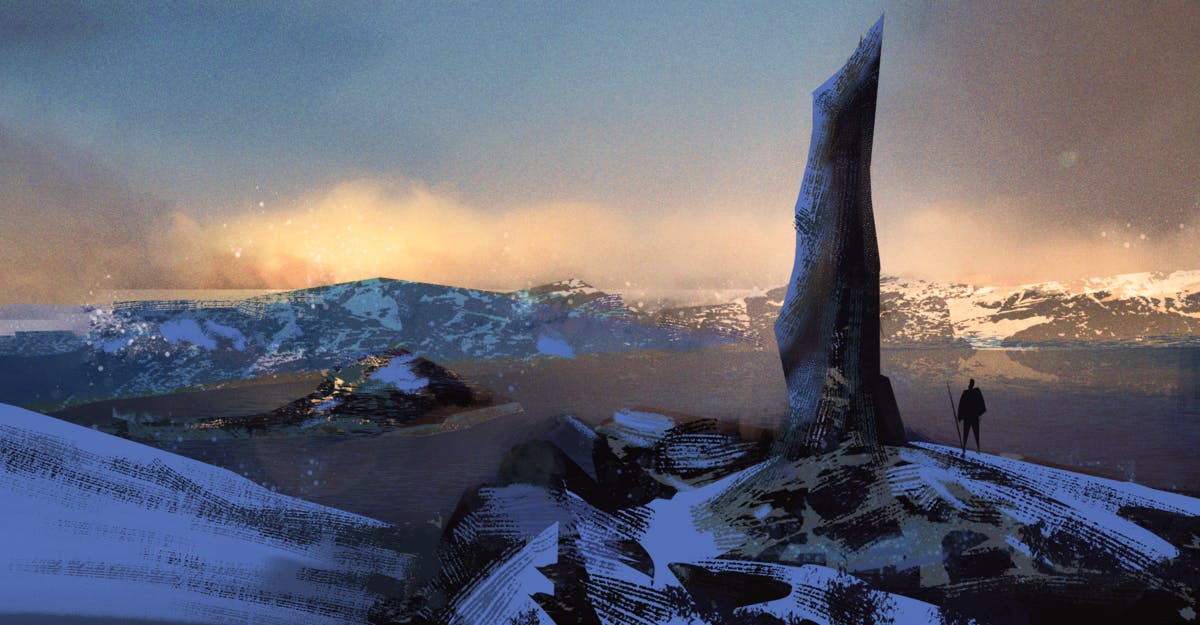
Scott:Yes, what I start with is never what I end up with, and it’s certainly not what I had in mind. Sometimes it’s a complete failure, and I have to restart; other times, what comes out at the end has me patting myself on the back and saying, “Way to go, Scott, this is cool!”

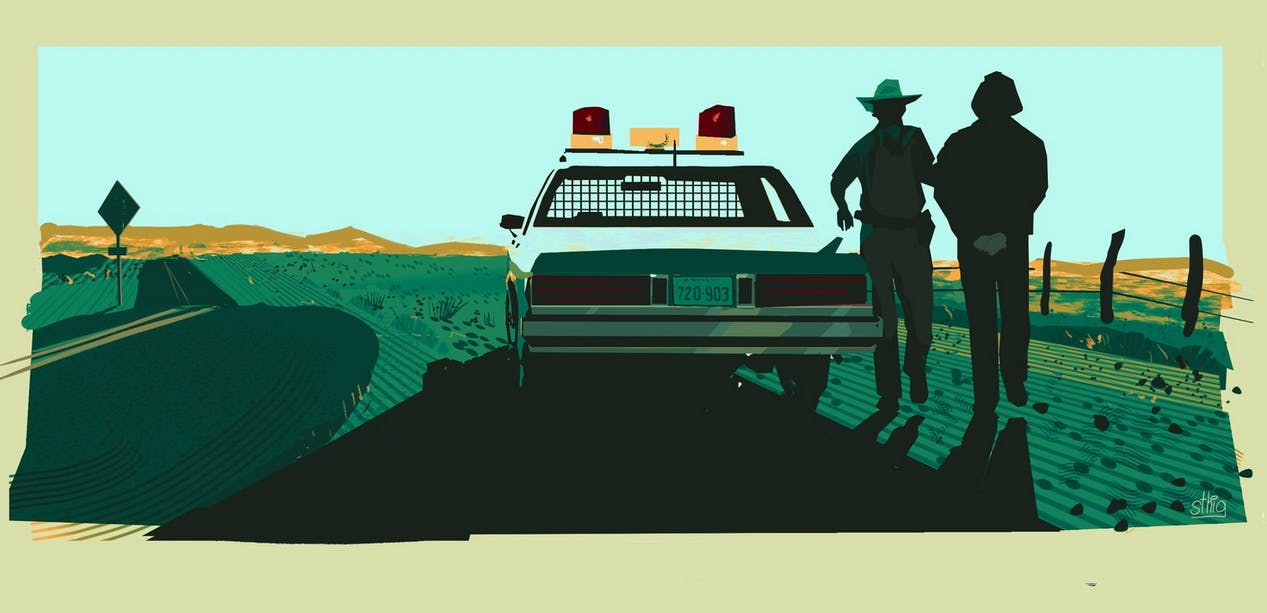
Scott Thigpen:I worked on an upcoming Sony Animation feature with Scott Wills and Genndy Tartakovsky. The most difficult project I’ve ever worked on was for McGraw-Hill Books, which required 90 illustrations in a few weeks with seemingly endless revisions. Working with Lisa Kollins on the Superhero project; https://www.superheroprojectkids.org/home has been the most rewarding.
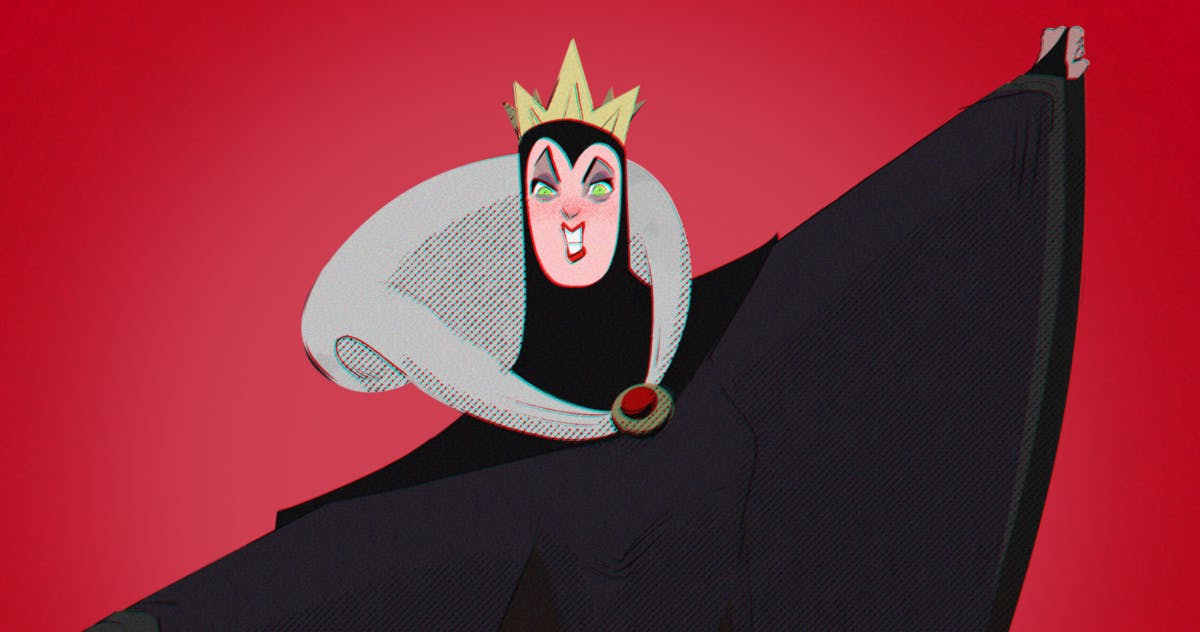
The Superhero Project is a non-profit organization that conducts interviews with children who are terminally ill or have special needs. They ask the child if they could be a superhero and what kind of superhero they would be. Lisa will take that narrative and commission an artist to depict the child’s superhero self in real life. It is the most rewarding thing I’ve ever done, and I do it all for free. If I could only do that in life, what would I do? I would do this in a heartbeat. Lisa is always looking for new artists, so if you’re reading this and want to contact her, click on the link above.
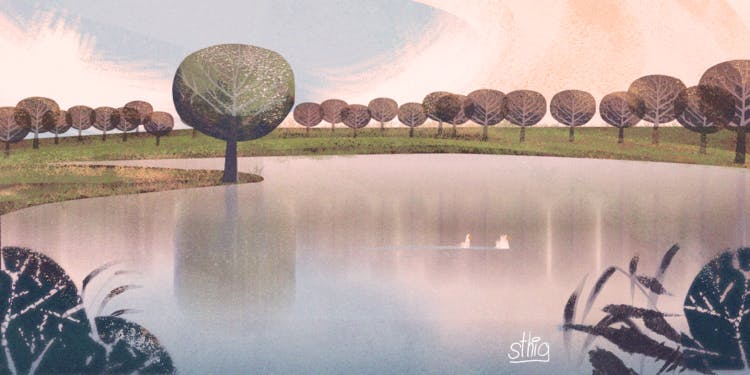
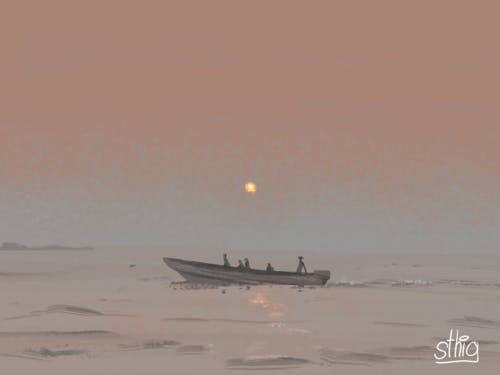
Scott Thigpen:Yes definitely. My main goal is to depict women in a more positive light than I grew up seeing them drawn. A lot of work in comic books appears to have women who look like Dolly Pardon in zero gravity, or if it’s a fantasy scene, a man covered in armor, but the woman has on some metal bra and a tight mini chainmail skirt. While I enjoy drawing fabulously sexy things, I sometimes prefer to attract women in a powerful, less objectified pose rather than a damsel in distress. In terms of literal messages in my work, I occasionally sneak in “I love Heather” (my wife), but if you’re not looking for it, you won’t notice it.
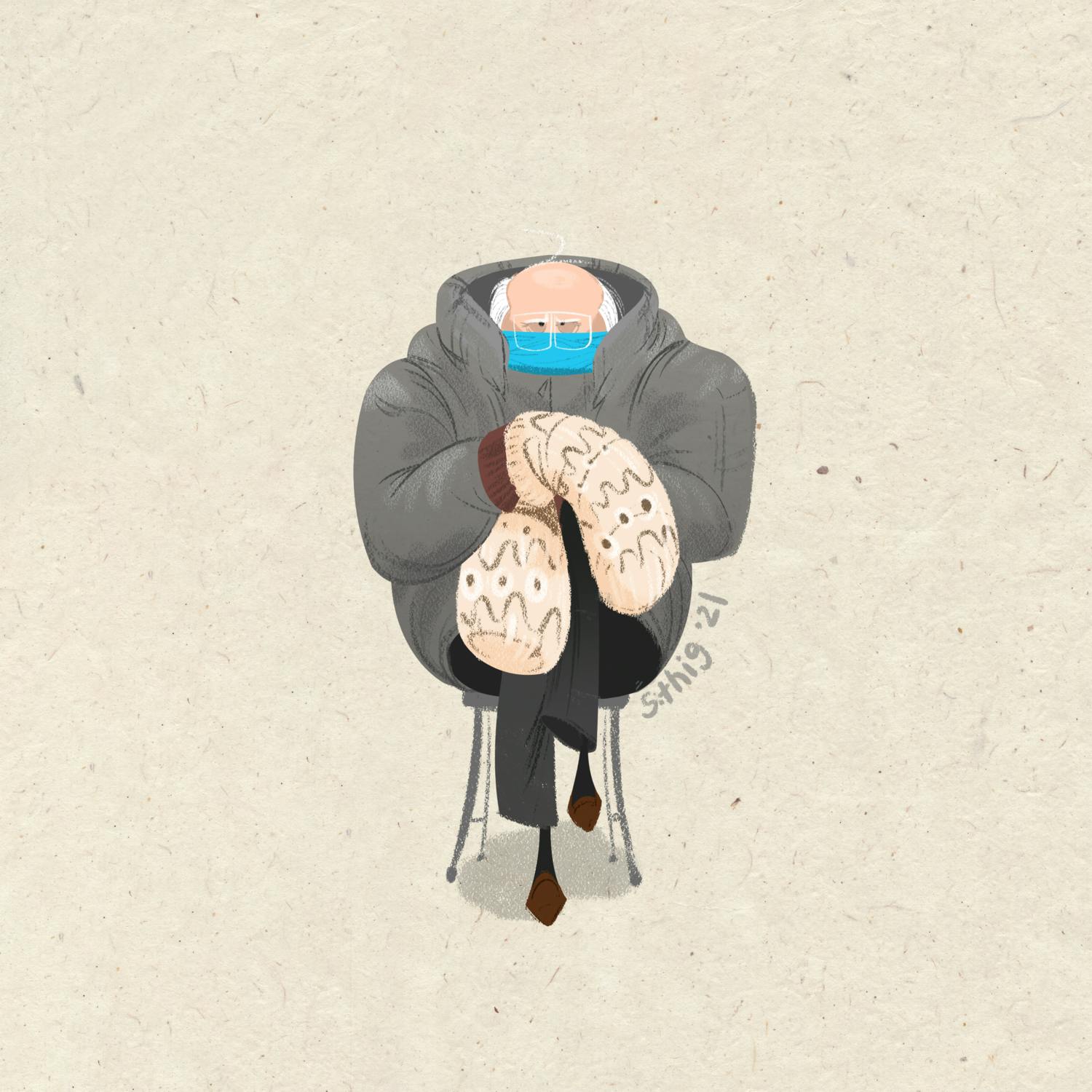
Scott Thigpen: My most significant accomplishment as an artist, in my opinion, is that I’ve been making a living as an artist professionally for almost 50 years. All you ever heard as a child was, “You want to be an artist, don’t you? Get ready to go hungry.” It irritates me because I’d rather be homeless, hungry, and drawing than working at a soul-sucking job with Larry, the guy who picks his nose in the cubicle next to you and listens to Nickelback.
What makes it unique? We are only here for a short time, and we have no way of knowing what happens after you take your last breath. So, why would I waste a single second of my time on something that will not benefit me? Yes, I’ve had many dead-end jobs. They gave me the motivation to work on my art whenever I had free time because I didn’t want to waste another second of my life on something that wasn’t serving me.
